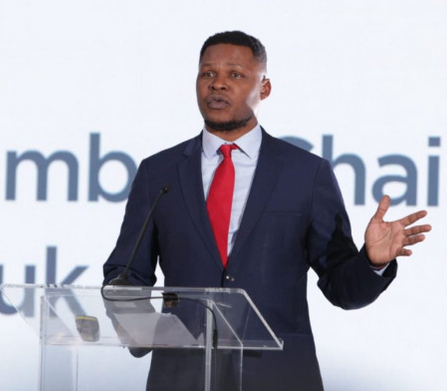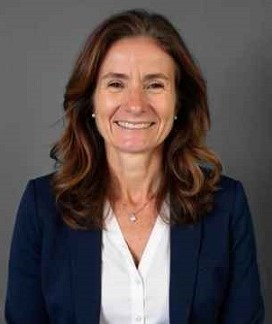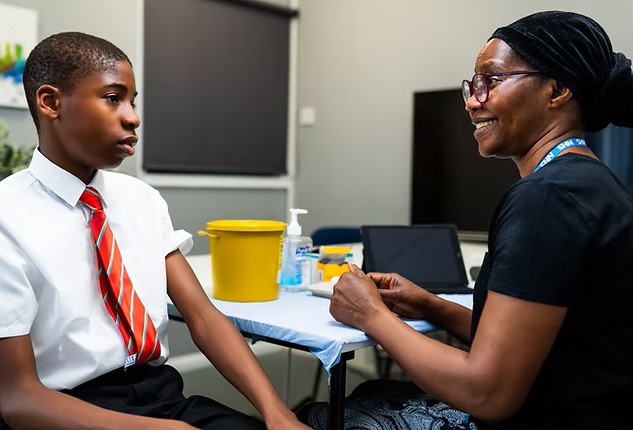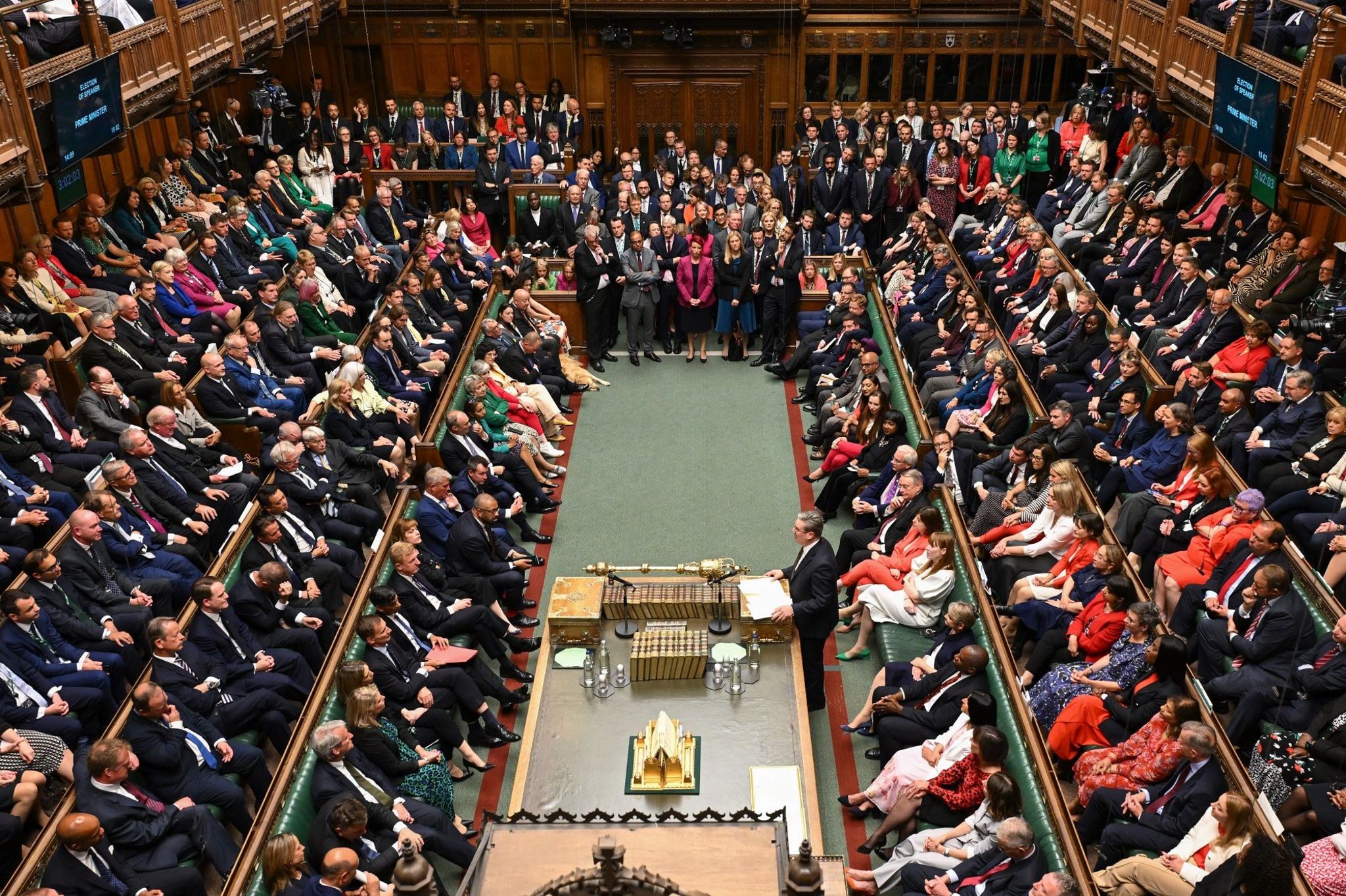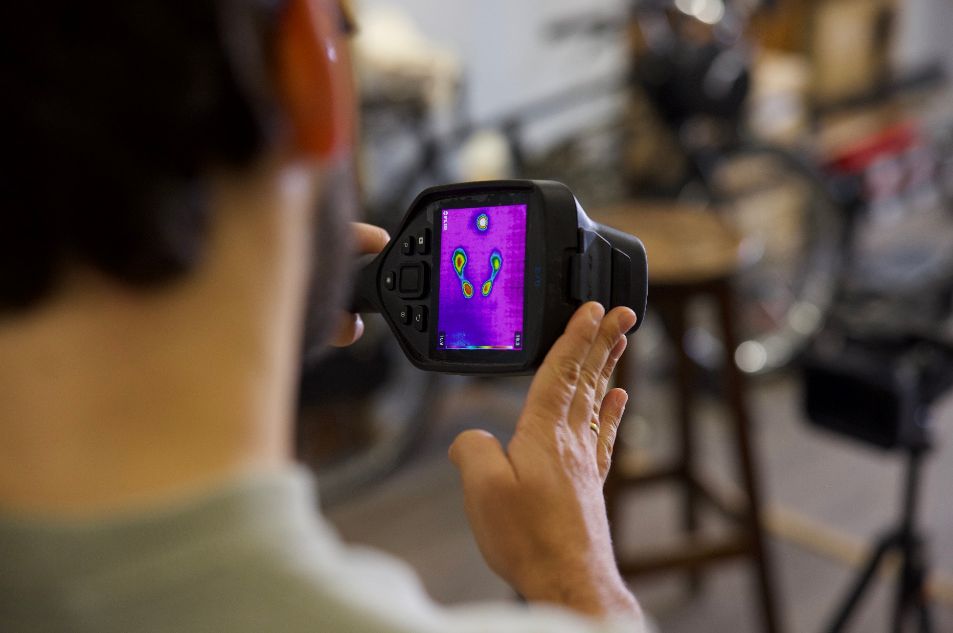A new strategy has been unveiled by the Safer Wolverhampton Partnership designed to continue the good work being done to protect vulnerable people in the city. The Violence Against Women and Girls Strategy seeks to tackle domestic and sexual violence, female genital mutilation, honour-based violence and forced marriage.
The three-year plan, developed by the Wolverhampton Domestic Violence Forum’s multi-agency executive board, builds upon the 2012-15 strategy which led to marked improvements in policy, partnership working and practice to safeguard and reduce risk to individuals.
In that time, Wolverhampton has put in place processes for identifying potential victims of violence and managing identified risk, continued to invest in a specialist domestic violence court and reviewed and improved the way that agencies work together.
The city has also launched the UK's first joint adult and children protocol detailing how agencies should address forced marriage and honour-based violence, and hosted two conferences to raise the profile of these two crimes both locally and regionally.
The 2016-19 strategy aims to strengthen joint working to improve the identification of victims of violence at a much earlier stage through work with schools, communities, specialist support organisations and front line staff from a range of agencies.
It also seeks to ensure services are able to respond to lower risk cases, can prevent potential problems from escalating, and are working with communities where there is an accepted culture of violence against women and girls.
Linda Sanders Chair of the Safer Wolverhampton Partnership, said: “Organisations in Wolverhampton are making good progress in tackling violence against women and girls, but there remain a number of key challenges ahead.
"Research suggests that incidents of domestic and sexual violence are under-reported. At the same time, Wolverhampton is home to people from communities where forced marriage, honour-based violence and female genital mutilation are prevalent – and yet there are very few, if any, reports of this practice coming to the attention of the authorities.
"We want to raise awareness of the issues, and encourage individuals and communities to report cases when they occur."



